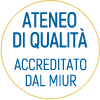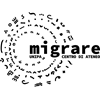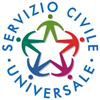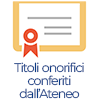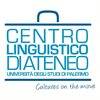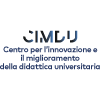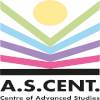Faculty of Arts and Humanities
LM-1 Cultural Anthropology And Ethnology
LM-1 Antropologia Culturale ed Etnologia
Educational objectives - professional opportunities for graduates
The foremost objective of the course is to provide for advanced demo-ethno-anthropological knowledge oriented towards the analysis of the processes of construction, transmission, interaction and continuous re-invention of cultural phenomena in their adaptation to the context. In this perspective, through frontal teaching and laboratory activities, the course will focus on central issues such as the relationship between biology and culture, matter and symbol, orality and writing, as well as the dynamics related to the syncretism and/or resistance in contacts among different cultures.
IN particular, the course aims at providing advanced competences about the traditional cultural systems, at local, European and extra-European level, aiming at reconstructing the plurality of historical and identity memories of a territory. Territory is conceived as an anthropised and continuously re-modelled landscape, both under the productive and symbolic points of view, with respect to the most recent changes of the historical-social context. Within this analytical framework, ambits such as the material culture as a result of the man-environment relation, the magical-religious rituality, the oral tradition expressions (music, dance, theatre, narration, figurative practices), body languages, food system codes and museum exhibition techniques will be privileged.
Great attention will be paid also to issues related to cultural mediation with respect to the population movements and cultural hybridisation.
Graduates of this course might work in agencies and associations for the documentation, defence and upgrading of cultural and environmental assets of local communities, in a regional and national perspective. Graduates will in particular be able to carry out research, advice, education and professional training activities in the public and private sectors, providing for qualified services in the field of cultural tourism, cultural promotion of local traditions an communities, in museum design and animation. They might also have out high responsibility positions in facilities for socio-cultural services (education, school, healthcare), regional planning, international cooperation and development, with respect, in particular, to issues related to intercultural communication.
EDUCATIONAL PROGRAMME |
|
1st Year |
credits |
| Cultural anthropology | 9 |
| Euro-Mediterranean folklore | 9 |
| Anthropology of music | 9 |
A course chosen between:
|
12 |
|
A course chosen between:
|
9 |
| Other useful knowledge for the labour market: workshops | 12 |
2nd Year |
credits |
| Geography |
9 |
| Ethno-anthropology |
9 |
|
One course chosen among:
|
9 |
| Elective activities | 9 |
| Final examination | 15 |





